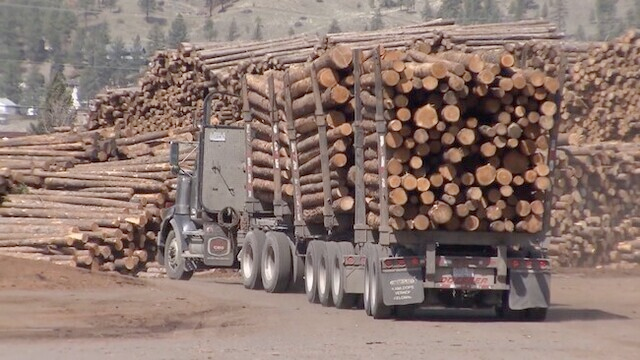Innovation minister on road to making Canada a battery electric and EV powerhouse
- FTFO
- Oct 16, 2022
- 3 min read
Updated: Oct 18, 2022
NationalPost Read the full article
6-8 minutes Oct. 16, 2022. Mia Rabson, The Canadian Press

photo BC Hydro
This article nicely summarizes efforts to position Canada as a major producer of EVs, batteries and battery materials. This in combination with the recently signed agreement for Canada to become a major supplier of wind power produced hydrogen to Germany (and potentially other countries), provides an interesting snapshot of how major players in our automotive and fossil fuel industries can pivot towards clean energy. H. Sielmann
OTTAWA — When Innovation Minister François-Philippe Champagne gets in front a microphone to talk about electrifying Canada's auto industry, he has a favourite line to sum up his efforts to attract global investment: "Not everyone in the world wakes up thinking about Canada."
His job, as he sees it, is to change that.
"I never stop," the 52-year-old former lawyer and business development strategist said in an interview. "You know me. I'm pretty persistent."
Champagne is a ball of energy, earning him the affectionate nickname "Franky Bubbles" among some Ottawa types. Interviews with him are like trying to keep up with a family of squirrels under an oak tree in October.
Since he took over the Innovation portfolio in January 2021, at least 10 different companies have announced $15.7 billion in total investments in Canada to make electric vehicles, the batteries that power them, or the minerals and materials that go into those batteries.
His persistence has found him flying around the world, bringing the case for Canada to some of the biggest technology and automotive companies in the world: Volkswagen, Mercedes-Benz, Mitsubishi, Suzuki, Panasonic, Hitachi and Subaru, to name a few.
Some, like Honda and Toyota, already have a production presence in Canada. Most don't.
Nobody on his team could remember the last time Canada had discussions with German automakers at the senior executive level, he said. He threw open that door first with the CEO of Volkswagen Canada Group, which oversees its dealerships.
But Pivnick said there is still much more to do if Canada is going to stay in competition to become a powerhouse in the sector.
His firm recently issued an analysis saying that, with the announcements made in the last two years, the industry will be supporting between 60,000 and 110,000 direct and indirect jobs and contributing between $12 billion and $19 billion to the national economy by 2030.
Pivnick said if Canada "plays its cards right" that can grow to 250,000 jobs and $48 billion in GDP.
That will require a comprehensive battery strategy, pushing Canada's automakers to convert almost all their assembly capacity to produce electric cars, adding new mines, and making massive investments in battery materials, cathode production and recycling.
It requires a rapid expansion of electricity supply to power everything with clean energy, given that one of Canada's biggest selling points abroad is the abundance of clean power.
Pivnick said it also requires a workforce transition plan — something the Liberals have been promising for years but have yet to deliver.
"We need to start working on worker transition right now, so that the autoworker today is an electric vehicle assembly worker tomorrow," he said.
"We need new skills in battery material manufacturing, figuring out how oilpatch workers can work in chemical industry in Alberta. Like there's all sorts of really cool opportunities, but they're not just going to happen."
This report by The Canadian Press was first published Oct. 16, 2022. Mia Rabson, The Canadian Press




Comments